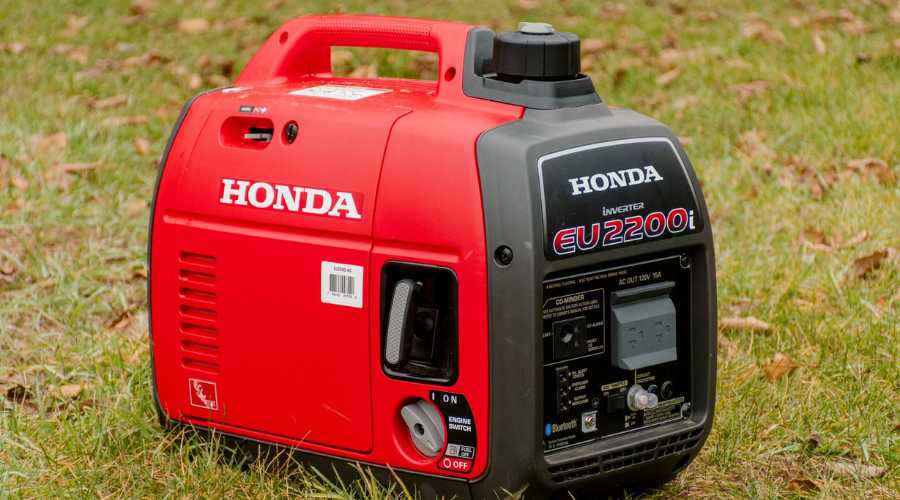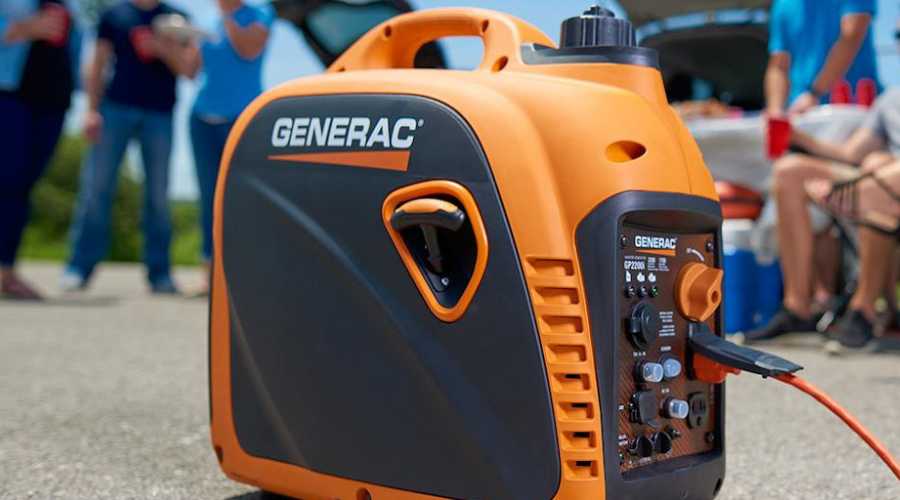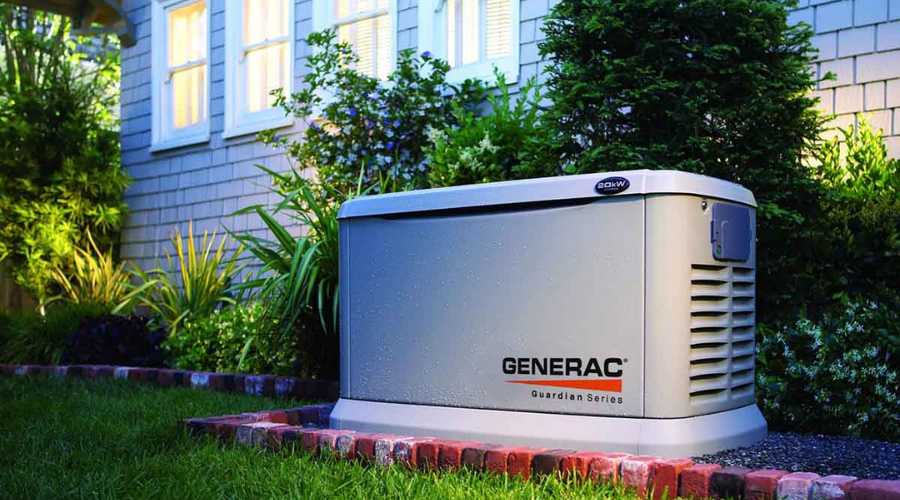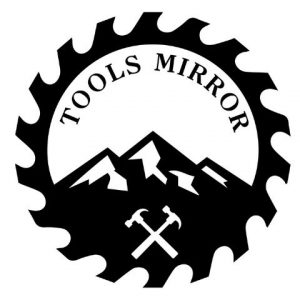Inverters and generators are the two most popular options for power backup. Whatever the case may be, you’ve probably seen one of these in a house or workshop powering various appliances. In addition to being powerful and reliable, some generators have amazing efficiency that can even save you some money.
Perhaps you are also looking for a backup power source but don’t know where to begin. If so, then this is the right place to start. In this article, we will talk about inverters and generators, what you should know, and what to look for when choosing one for your home.
Having said that, let’s jump right to it.
What Is A Generator?
A generator is simply a machine that generates electrical power for appliances. So when there is any power shortage, people use generators as a backup power source. Especially, in remote places where grid power is not available, a generator could be your only means of powering electronics.
Types Of Generator
Although every generator you see these days fulfills the same purpose, a lot is going on with these machines. In the big factories and institutions, generators are big and produce tremendous power for greater demand.
On the other hand, portable and inverter generators are more popular in households or workshops. They provide decent electrical power and are also easy on your wallet.
So if we solely focus on the operational feature, you can group generators into three categories.
Portable Generator:
These are minimal-size generators with wheels. They are great for running a couple of appliances or power tools.

Inverter Generator:
Most compact and efficient generator for small to medium use cases like RVing, powering remote cabins, house appliances, and so on.

Standby Generator:
An automated power delivery system that doesn’t need human intervention when the grid shuts off. Hospitals, factories, and large institutions are the perfect candidates for this type of generator.

You can also define generator type in terms of the fuel they use. Such as-
- Diesel generator
- Gasoline generator
- Propane generator
That sums up the generator type in the most uncomplicated way. Despite each type having its own benefits, manufacturers are always developing to blend the best of it.
How Does A Generator Work?
In a general sense, a generator converts mechanical power into electrical energy. It almost works like a car engine and produces electricity over an alternator. The only difference is the alternator generator produces high voltage.
More expressively, the engine burns fuel in the combustion chamber and creates mechanical force. Then, that force moves the engine crankshaft and transfers the mechanical energy into an alternator. Eventually, through the electromagnetic induction process, the alternator creates AC power we can use.
What Is An Inverter Generator?
An inverter generator is essentially a combination of a conventional generator and an inverter. The process of producing power in this type of generator is very clever. It can produce similar power output as conventional generators at a much lower effort.
How Does An Inverter Generator Work?
From a technical standpoint, the invert takes irregular AC voltage from the generator and then transforms it to DC voltage. In the next phase, the DC voltage reforms into AC voltage again. This time the AC Voltage is much more stable and safe.
The whole process is so instantaneous it doesn’t impede the overall operation. Though maximum output voltage may vary depending on the efficiency of the inverter. And the best part, it requires less fuel to produce that final AC Voltage.
Advantage And Disadvantage Of Conventional Generators
The conventional generator that runs on the fixed RPM has been around for quite some time now. People still use it for all sorts of power needs from houses to remote worksites. Here are some advantages and disadvantages you can expect from conventional generators.
Advantages
- Provides stable power delivery at all times.
- Depending on the model you can have high output variations
- Durable and last much longer especially the diesel-powered model
- Keep feeding the fuel tank and you can run the generator as long as you want
- Comes in a relatively small form factor along with caster wheels
Disadvantages
- Makes loud noises
- May run only in one RPM settings
- Consumes the same fuel even in lower load
- Requires maintenance to run smoothly
Advantage And Disadvantage Of Inverter Generator
Inverter generators are the new breed of generators that prompts efficiency and low emission. Plus the super compact size makes it most demandable as a highly portable generator. Following are the advantages and disadvantages of an inverter generator.
Advantages
- Provide a relatively longer run time
- Able to conserve fuel usage under low load
- Has low decibel noise level
- Offers various types of direct outlets like DC and AC
- Can connect two or more similar generators for double output
- Hybrid fuel-burning capabilities like gasoline and propane
- Lightweight and highly compact
Disadvantages
- Comes with a steep price tag
- Service life is a bit shorter
- Can’t use in power-hungry appliances
- Maximum output is limited by the inverter technology
Which Generator Should You Buy For Home Use?
Buying a generator for a house is a big investment. You shouldn’t go for a generator relying on only one feature. As generators are not that cheap, you should always consider the overall return on investment. Simply checking the following factors will give you an edge on how to spend well on house generators.
Power Requirement:
Every house is different. Some house owners need to run maximum appliances whereas others may require only essential ones. Either way, do a rough calculation of the total power requirement for any uncertain power shortage.
Eventually, you will end up with a specific Kilowatt amount of power demand. Shortlist every generator that can supply similar output.
Fuel Availability:
Generator runs on various fuel types such as gasoline, propane, and diesel. Check what fuels are widely available in your area. Remember some generators can run on both propane and gasoline. So consider accordingly.
Portability:
If you only need to move around in one place, and you don’t want to sacrifice power, conventional would be a great choice. But for camping, RVing, and picnicking, the inverter generator provides the most movability.
Upgradability:
Conventional generators usually don’t have any upgrade path. If you need more power, you just have to buy the bigger one. On the other hand, an inverter generator offers a parallel connection capability. You can add another inverter generator and increase the total power delivery.
Service Life:
Conventional generators consist of mostly mechanical parts where regular maintenance is prevalent. By doing just that you can prolong the service life much longer.
On the contrary, inverter generators do not require frequent maintenance. But the electrical components in inverter generators may wear due to uncertain reasons.
Budget:
Now, the most important part is the price. All the features in inverter generators are such expensive technology. So it will cost a big penny. Comparatively, conventional generators are much more affordable due to low manufacturing costs.
Which is better generator or inverter for home?
For most homes, an inverter system is often a better choice due to its quiet operation, cleaner energy output (especially if paired with renewable sources like solar panels), and the ability to provide instant power during outages.
Generators, while capable of high power output, tend to be noisy, require more maintenance, and rely on fossil fuels. The decision ultimately depends on your specific power needs, budget, and environmental concerns.
What size inverter generator do I need to run my house?
Determining the size of the inverter generator you need depends on your power requirements. Start by listing essential appliances and their wattages. Add up their starting and running wattages to find the total load.
A 3000-4000 watt inverter generator typically suffices for basic home needs, while larger homes with more appliances might need a 5000-7000 watt generator.
Consulting an electrician can help you choose the appropriate size.
What should I keep in mind before buying an inverter?
Before buying an inverter, consider the following points:
1. Power Requirements: Determine the total wattage of appliances you want to run on the inverter. Choose an inverter that can handle both the continuous and peak power requirements.
2. Inverter Type: Decide between a standalone inverter or an inverter generator. Standalone inverters require an external power source (like batteries), while inverter generators have built-in engines and can produce their own power.
3. Sine Wave Type: Pure sine wave inverters provide a clean and stable power output, suitable for sensitive electronics. Modified sine wave inverters are cheaper but might not be ideal for some devices.
4. Capacity: Choose an inverter with a capacity slightly higher than your calculated load to provide a buffer for unexpected power spikes.
5. Battery Bank (for Standalone Inverters): If using batteries, ensure they are of sufficient capacity and quality to support your needs.
6. Portability: If mobility is important, select a lightweight and compact inverter.
7. Efficiency: Look for inverters with high efficiency ratings to minimize energy loss.
8. Safety Features: Check for features like overload protection, short-circuit protection, and automatic shutdown in case of faults.
9. User Interface: Ensure the inverter has user-friendly controls and displays for monitoring and managing power.
10. Brand and Reviews: Research reputable brands and read customer reviews to gauge reliability and performance.
11. Warranty and Support: Choose an inverter with a good warranty and accessible customer support.
12. Budget: Consider both the upfront cost of the inverter and any additional costs like batteries or solar panels.
By considering these factors, you can make an informed decision and choose an inverter that best fits your needs and preferences.
Takeaways: Inverter Or Generator Which Is Best For Home Use
If you need uncompromised power delivery, durability, and affordability, you should go for a conventional generator. Then again, if you only need a generator for a couple of low-demanding appliances and budget isn’t an issue, choose an inverter generator. Meanwhile, better efficiency, emission control, and portability will offset the high price.
Recent Posts
15 Ga vs 16 Ga Finish Nailer: Which One Is Right for Your Project?
If you're diving into the world of finish carpentry or simply trying to upgrade your home tool kit, you've probably run into the question: 15 ga vs 16 ga finish nailer—what’s the big deal? They...
Woodworking in 2025 is all about efficiency, precision, and smart technology. Whether you're a beginner or a seasoned craftsman, having the right tools can make all the difference. Here are the top 7...

